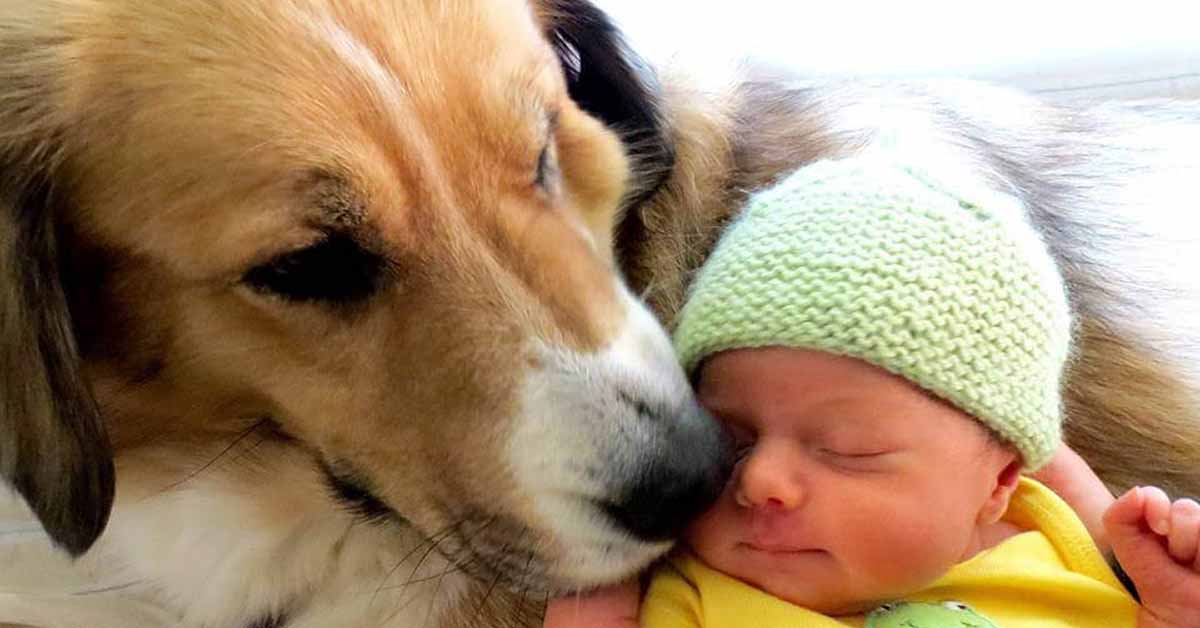Though dogs are a man’s best friend, it turns out they may be a best friend to babies as well for preventing the development of food allergies.
In a secondary cohort analysis published in the journal Allergy, researchers in the UK examined data collected from the Enquiring About Tolerance study which enrolled 1303 three-month infants into a randomized trial to prevent food allergy.
A survey collected information regarding pet ownership and participants were examined for atopic dermatitis (eczema) at enrollment, then sensitization to foods and aeroallergens were elicited by skin and blood testing at 3, 12 and 36 months. The food allergy status of each child was determined by double-blind placebo-controlled food challenges conducted between 1 and 3 years of age.
The results were startling. Of those in the cohort with complete data, 6.1% (68/1124) were diagnosed with food allergy. Although there was no significant relationship found between a diagnosis of the disease and cesarean delivery, infections, or antibiotic exposure in early life, those living with dogs had a 90% reduction in the odds of developing food allergy. Furthermore, none of the 49 infants living with two or more dogs developed food allergy, suggesting a possible dose-response relationship.
The authors conclude that dog ownership in infancy could help protect children from developing food allergy. They speculate that exposure to the dog’s microbiome early in life confers a protective effect.





